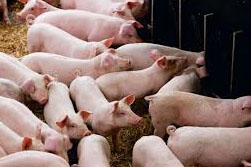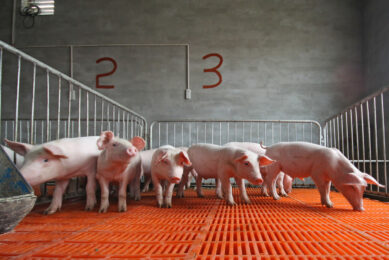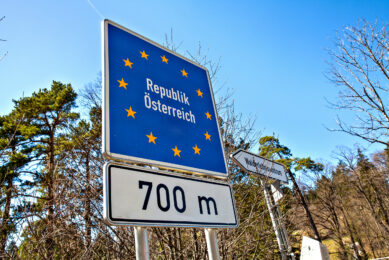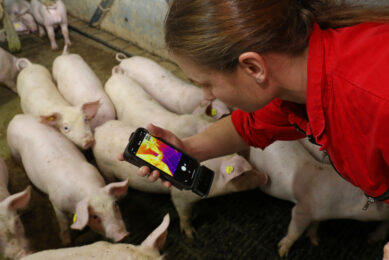Organic diet mixes for UK pigs and poultry

Defra has commissioned a project which will help to establish whether the current 5% ‘non-organic’ allowance will continue to be needed in organic pig and poultry feeds in the UK after the end of 2014.
European legislation currently allows organic pig and poultry farmers to use a limited proportion of non-organic feed material, where it is not possible to obtain feed exclusively from organic production. This allowance currently gives feed formulators a degree of flexibility in providing optimum levels of key nutrients in diets. At present, this is widely utilised in both organic pig and poultry production in the UK. The maximum allowance for the inclusion of non-organic feed materials was originally set at 10% but this has now been reduced to 5%. However, the current allowance runs only until the end of 2014 and whether it will be permitted afterwards has yet to be established. Further discussions at EU level are expected over the coming months.
The project is led by ADAS and includes inputs from pig and poultry feed specialists of Premier Nutrition and from vets at the St. David’s Veterinary Practice. Based on a review of published literature and recent nutritional developments, it will consider future opportunities and the likely implications of a range of scenarios in the UK.
The work will establish proposals for suitable fully-organic UK-produced feedstuffs where possible and evaluate the likely impacts of these on businesses, market prices and animal health and welfare. The environmental impacts of dietary changes will also be assessed. This will be done with reference to nitrogen levels in livestock excreta as well as the growth of crops that will subsequently be used in feedstuffs. The requirements and limitations for growing suitable organic crops for pigs and poultry in the UK will be considered in terms of climate, soil type, crop rotation and profitability.
The project will be completed in the autumn of 2014.
Source: ADAS











